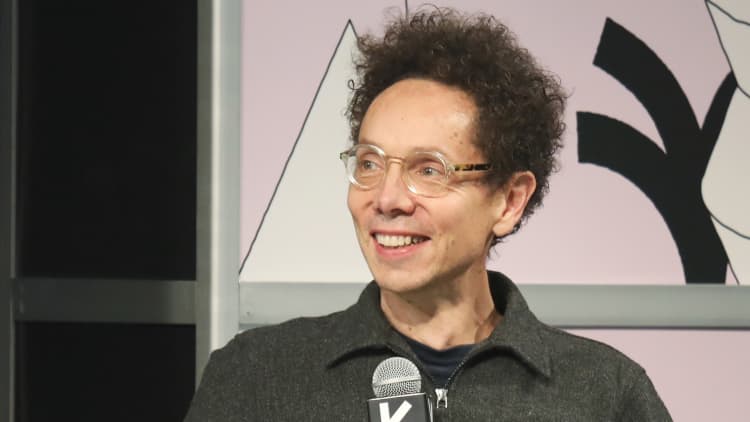The explosive tell-all book Mary L. Trump has written about her famous uncle — President Donald Trump — and their family is set to publish Tuesday.
The book, "Too Much and Never Enough: How My Family Created the World's Most Dangerous Man," alleges some big things, like Mary being a source behind The New York Times' series on Donald Trump's finances. But Mary's personal stories also reveal little things about her uncle's personality.
For instance, in the book, Mary (who has a Ph.D. in psychology) tells an anecdote that illustrates how Donald Trump charms people.
In 2017, when Mary went to visit her uncle at the White House for a family get together, Mary writes that "Donald stood in the doorway, greeting people as they entered."
"[W]hen he saw me, he pointed at me with a surprised look on his face, then said, 'I specifically asked for you to be here.'"
"That was the kind of thing he often said to charm people," Mary writes, "and he had a knack for tailoring his comment to the occasion, which was all the more impressive because I know it wasn't true." (She says her uncle then opened his arms and hugged her for the first time in her life.)
That's "a tactic of persuasion," psychology professor Bob Cialdini, 75, who has spent his entire career studying the science of persuasion, says of such flattery.
And it works, too. When someone receives a compliment, their automatic reaction is to feel more positive toward the complimenter, Cialdini says. And we tend "to trust people we like more, which opens us up to their persuasive attempts."
Science backs this up, says Cialdini, professor emeritus of psychology and marketing at Arizona State University and author of "Influence: Science & Practice." He sites a seminal study from 1978 in the Journal of Experimental Social Psychology.
For the study, called "The extra credit effect in interpersonal attraction," subjects received either positive, negative or a mix of positive and negative comments from another person who needed a favor from them.
Researchers found that not only did positive compliments cause the subjects to like their praisers (called "return liking"), but the positive feelings held true even when the subjects realized that the flatterers stood to gain something from the compliments, plus the praise did not have to "be accurate to work."
"Positive comments produced just as much liking for the flatterer when they were untrue as when they were true. That's how powerful praise and compliments and statements of liking [are] for us," Cialdini says.
So when you have a compliment, "don't keep it in your head. If you give it, people will like you more," he says.
However, keep your compliments authentic, Cialdini says, as fake compliments or ulterior motives can ultimately backfire.
And in situations where someone with a motive or someone you hardly know praises you, be careful to make judgments and decisions based the merits rather than flattery, he says.
The White House did not immediately respond to CNBC Make It's request for comment. Previously, White House deputy press secretary Sarah Matthews said in a statement that Mary's book "is clearly in the author's own financial self-interest."
Mary, however, writes in the book that she did not do it to "cash in or out of a desire for revenge." Instead, with the events over the last three years that Donald Trump has been president, she could no longer remain silent, she writes.
In June, Donald's younger brother Robert Trump unsuccessfully tried to block the publication of the book in court, saying that his niece, who is the daughter of his and Donald's late brother Fred Trump Jr., is subject to a nondisclosure agreement and "not allowed to write the book."
Check out: The best credit cards of 2020 could earn you over $1,000 in 5 years
How this 1950s self-help guru shaped Donald Trump's attitude toward life and business



